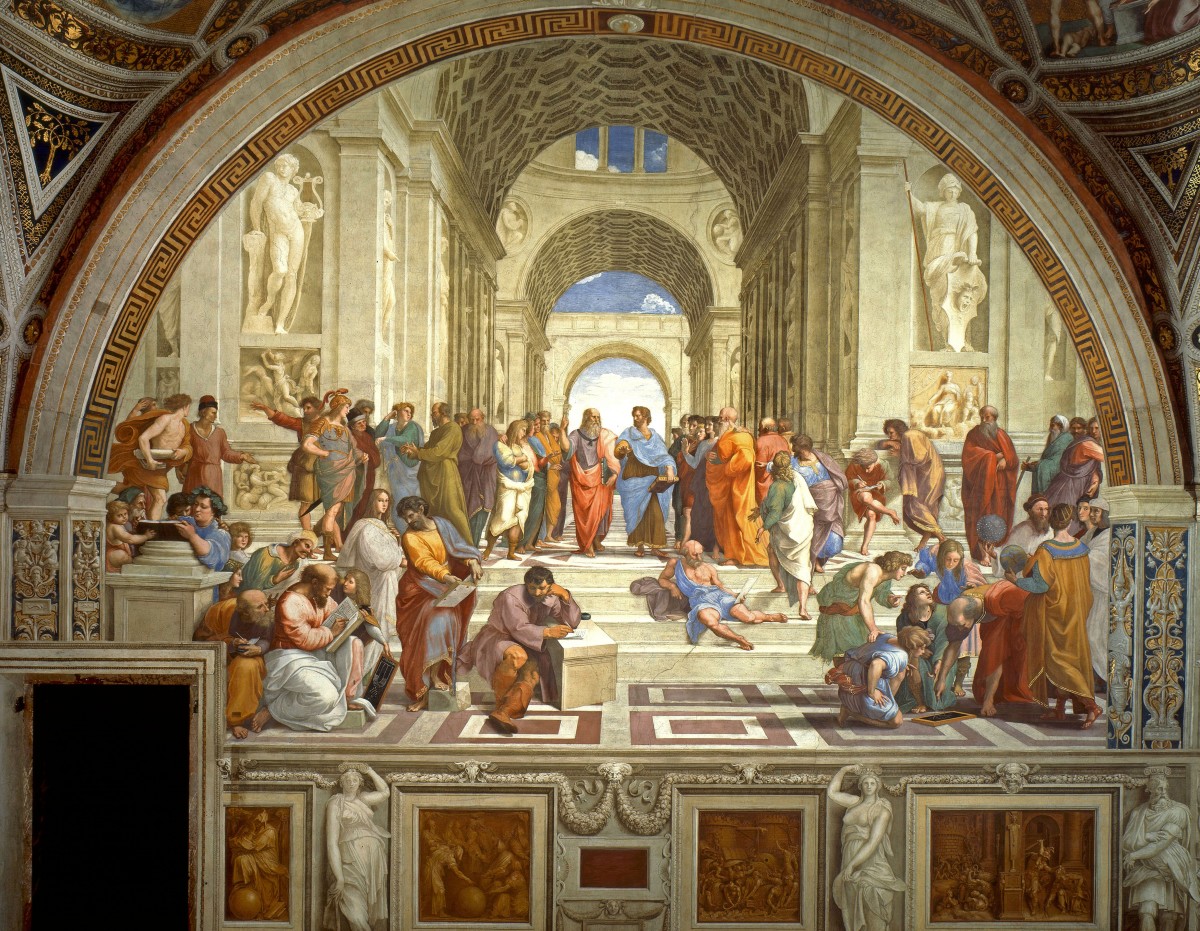Dante Alighieri (1265-1321) was the first major Italian writer to embody some of the qualities that were to characterize Renaissance literature. Much of Dante’s writing and outlook bore the stamp of the Middle Ages, and the grand theme of the Divine Comedy was medieval, the chivalric concept of disembodied love inspiring his devotion to Beatrice, whom he seldom saw.
Vergil, Euclid, Plato, Socrates, Caesar, and other virtuous pagans dwell forever in Limbo on the edge of Hell, suffering only the hopelessness of the unbaptized who can never reach God’s presence. Yet Dante not only chose the vernacular for the Divine Comedy but also wrote a treatise in Latin urging others to follow his example. Furthermore, he modeled the style of the Comedy on the popular poetry of the Provencal troubadours.
Popular fame and classical enthusiasm obsessed the next major Italian literary figure, Petrarch (Francesco Petrarca, 1304-1374). Since his father was a political exile from Florence, the young Petrarch lived for a time at the worldly papal court in Avignon and attended the law school at the University of Bologna. As a professional man of letters he collected and copied the manuscripts of ancient authors, produced the first accurate edition of the Roman historian Livy, and found in an Italian cathedral forgotten letters by Cicero that threw new light on Cicero’s political activities.
Ironically, the writings of Petrarch most admired in modern times are not those in his cherished Latin but those he esteemed the least—vernacular love poems he addressed to his adored Laura, whom he courted in vain until she died during the Black Death. In these lyrics Petrarch perfected the verse form known as the Italian sonnet—fourteen lines long, divided into one set of eight lines and another of six, each with its own rhyme scheme. Almost despite himself, therefore, he proved to be one of the founders of modern vernacular literature.
Petrarch exemplified emerging humanism by his devotion to the classics and his deep feeling for the beauties of this world. He criticized medieval schoolmen because of their rationalism, their dependence on Aristotle as an infallible authority, and their preoccupation with detail. But he admired Augustine almost as much as he admired Cicero, believing that the religious teachings of the one and the Stoic morality of the other could counter the materialism he observed around him.
Petrarch’s friend and pupil, Giovanni Boccaccio (1313-1375), shared his master’s estimate of humanity, but not his confidence in the possibility of human improvement. Boccaccio, son of a Florentine merchant, spent part of his youth at the frivolous court of Naples and turned to letters after his apprenticeship in banking left him disillusioned. He learned Greek and aided his master in tracking down old manuscripts, finding a copy of Tacitus in the Benedictine abbey on Monte Cassino.
His Decameron recounts stories told by a group of young Florentines who have moved to a country villa during the Black Death. Most of the plots in the Decameron were not original with Boccacio, who retold these earthy tales in a graceful and entertaining way and with a lighthearted disenchantment based on his own worldly experience.

